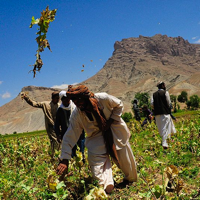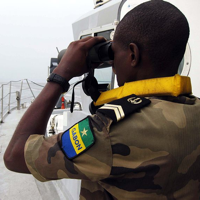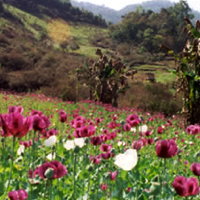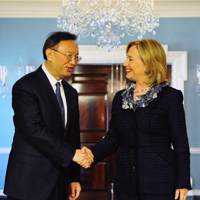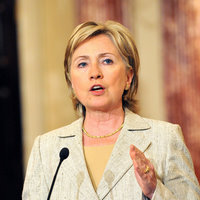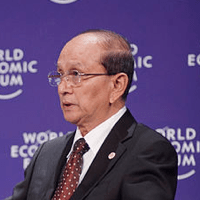
Recently, authorities in Myanmar have made a series of moves that some observers have interpreted as signaling a new course under the government of President Thein Sein, elected in March. Prominent among these shifts are the suspension of the Chinese-sponsored Myitsone dam project on the Irrawaddy River and an amnesty that has freed more than 6,000 prisoners, including at least 200 political prisoners. Yet, with these moves, the government seems to be searching more for ways to ease China’s political and economic influence in the country than for avenues of democratic reform. On Sept. 30, Thein Sein announced in parliament […]

